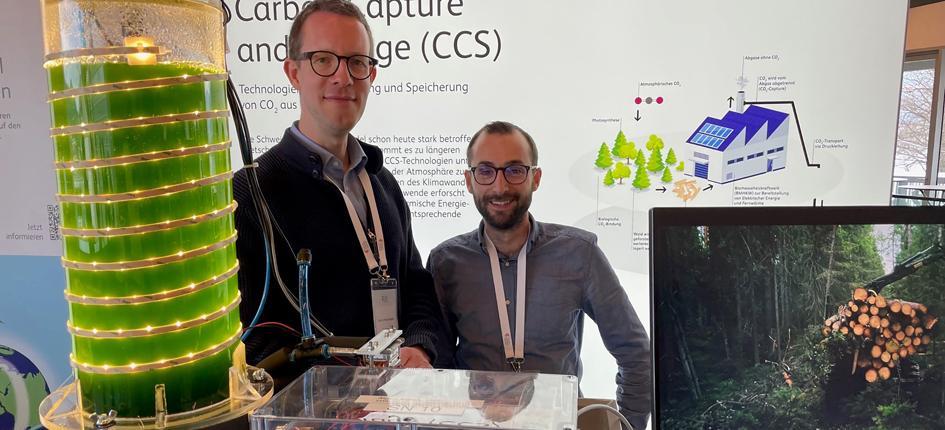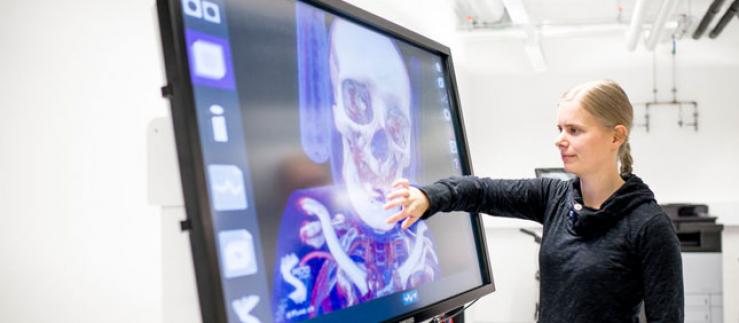When it comes to removing CO2 from the atmosphere, microalgae are more efficient than trees, according to a press release issued by the Lucerne University of Applied Sciences and Arts (HSLU). Up to 70 percent of the mass of these microorganisms can consist of carbon, with each of these carbon atoms being obtained from a CO2 molecule in the atmosphere. Researchers at HSLU are working on bioreactors that can be used to rapidly grow microalgae in an energy-efficient manner. Ultimately, the aim is to eventually launch this technology on the market. To this end, the HSLU spin-off Arrhenius AG is being founded.
The microalgae are undemanding. They only need “water, light, CO2 and nutrients, especially bound nitrogen” to grow, according to project leader Mirko Kleingries. To minimize energy consumption, the head of the Competence Center for Thermal Energy Systems and Process Engineering at HSLU and his team cultivate the algae using natural daylight. After they have bound enough CO2, they can be dried and buried deep enough in the ground so that they do not come into contact with oxygen.
The Gebert Rüf Foundation is supporting the project with its First Ventures program, in which the founding members of Arrhenius AG receive a financial contribution to the project in addition to benefitting from a coaching program. “Negative emissions alone cannot solve our problems - first and foremost we still have to use less energy and dramatically cut CO2 emissions”, Kleingries states, adding that: “But microalgae can also make an important contribution to achieving our climate goals”.




